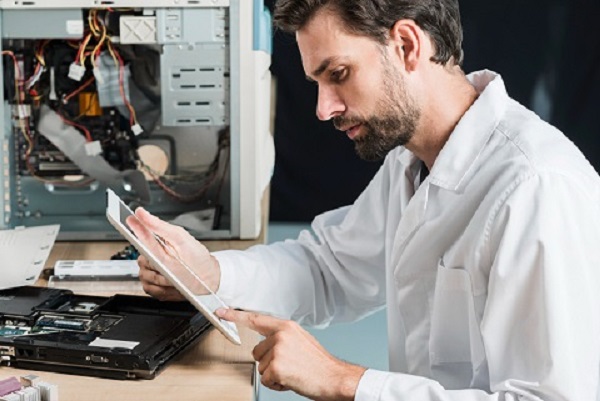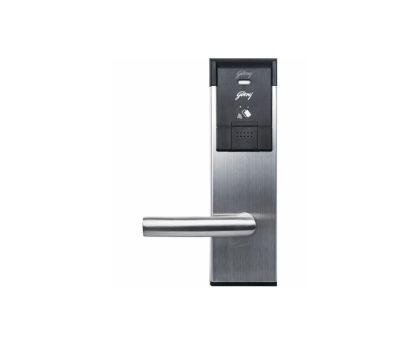In today’s world, precision and reliability are paramount across various industries. From ensuring the safety of critical infrastructure to maintaining the quality of manufactured goods, accurate measurements are essential. This is where calibration services come into play, offering a vital service for maintaining the integrity of instruments and equipment used in countless applications.
This comprehensive guide explores the importance of calibration services in the UAE, delving into the different types of calibration offered, the benefits of regular calibration, and the key factors to consider when choosing a calibration service provider in the UAE.
The Importance of Calibration Services
The UAE is a thriving hub for various industries, from oil and gas to manufacturing and healthcare. Maintaining accurate measurements is crucial for these sectors for several reasons:
-
Safety: In industries like oil and gas, precise measurements are essential for ensuring the safe operation of equipment. Faulty gauges or instruments can lead to catastrophic consequences.
-
Quality Control: Accurate measurements are vital for maintaining product quality in manufacturing. Inaccurate readings can result in defective products, impacting production efficiency and customer satisfaction.
-
Compliance: Many industries in the UAE adhere to strict regulations that mandate regular calibration of specific equipment. Calibration services help businesses comply with these regulations and avoid potential penalties.
-
Consumer Confidence: Accurate measurements ensure consumers receive products that meet the advertised specifications, fostering trust and confidence in the marketplace.
Types of Calibration Services Offered in the UAE
Calibration service providers in the UAE offer a wide range of services to cater to the diverse needs of various industries. Here’s a glimpse into some of the most common types of calibration:
-
Dimensional Calibration: This ensures the accuracy of measuring instruments used for length, width, and height measurements. Callipers, micrometres, and rulers are some examples of equipment requiring dimensional calibration.
-
Mass Calibration: This service verifies the accuracy of weighing scales and balances used in various applications, ensuring products are measured correctly.
-
Temperature Calibration: This type of calibration ensures thermometers, thermostats, and other temperature-measuring devices provide accurate readings.
-
Electrical Calibration: This service verifies the accuracy of instruments used to measure electrical parameters like voltage, current, and resistance.
-
Pressure Calibration: Pressure gauges used in various industries, from oil and gas to medical equipment, require regular calibration to ensure precise pressure readings.
Benefits of Regular Calibration
Regular calibration offers a multitude of benefits for businesses and organizations in the UAE:
-
Enhanced Accuracy and Reliability: Calibrated instruments provide consistent and accurate readings, minimizing the risk of errors and ensuring reliable results.
-
Improved Quality Control: Regular calibration helps maintain consistent product quality by ensuring measuring instruments perform properly.
-
Reduced Costs: Inaccurate measurements can lead to defective products, wasted materials, and production delays. Calibration helps prevent these issues, ultimately reducing costs.
-
Reduced Downtime: Faulty equipment can lead to production downtime. Regular calibration helps identify potential problems before they occur, minimizing downtime and enhancing operational efficiency.
-
Compliance with Regulations: Calibration certificates serve as documentation that instruments are functioning within specified tolerances, ensuring compliance with relevant industry regulations.
Choosing a Calibration Service Provider in the UAE
With numerous calibration service providers operating in the UAE, selecting the right partner is crucial. Here are some key factors to consider:
-
Accreditation: Ensure the provider holds accreditation from a recognized national or international body, signifying their commitment to quality and adherence to international standards.
-
Scope of Services: Choose a provider offering the specific type of calibration services your equipment requires.
-
Technical Expertise: Consider the provider’s experience and expertise in your particular industry.
-
Turnaround Time: Evaluate the turnaround time for calibration services to minimize downtime for your equipment.
-
Cost: Compare pricing structures of different providers while ensuring value for money.
Conclusion
Calibration services in the UAE play an indispensable role in ensuring accurate measurements across various industries. From enhancing safety and quality control to improving operational efficiency and meeting regulatory requirements, regular calibration offers a multitude of benefits. By understanding the types of calibration services offered, appreciating the advantages of regular calibration, and carefully selecting a qualified service provider, businesses and organizations in the UAE can ensure the accuracy and reliability of their equipment, fostering a culture of precision and success.





